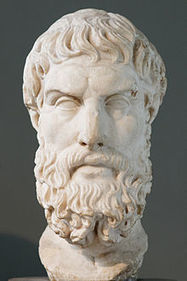Christopher David thinks Uber and Lyft are already relics. He’s created a ride-sharing app that drivers, themselves, will one day own, and he’s gamified the app in the process. Arcade City is the name of the game, and – if David continues to coax this fledgling app out of its nest – it could pose a threat to these established industry leaders.
From their inceptions, Uber and Lyft have made driver recruitment a beautiful, enticing process: Sign on and we’ll give you $500, they say. What these companies don’t explain, except perhaps in the small print, is that these perks are ephemeral, that they can lure drivers in and then cut rates or increase the amount they, Uber and Lyft, pocket at any time they chose.
And that’s just what happened in early January this year: Uber trimmed down on fares, then Lyft followed suit. Drivers nationwide complained and then protested. In their eyes, “trimming fares” just meant “slashing wages.” But these protests were altogether ineffective. ...
Via Jacques Urbanska



 Your new post is loading...
Your new post is loading...















